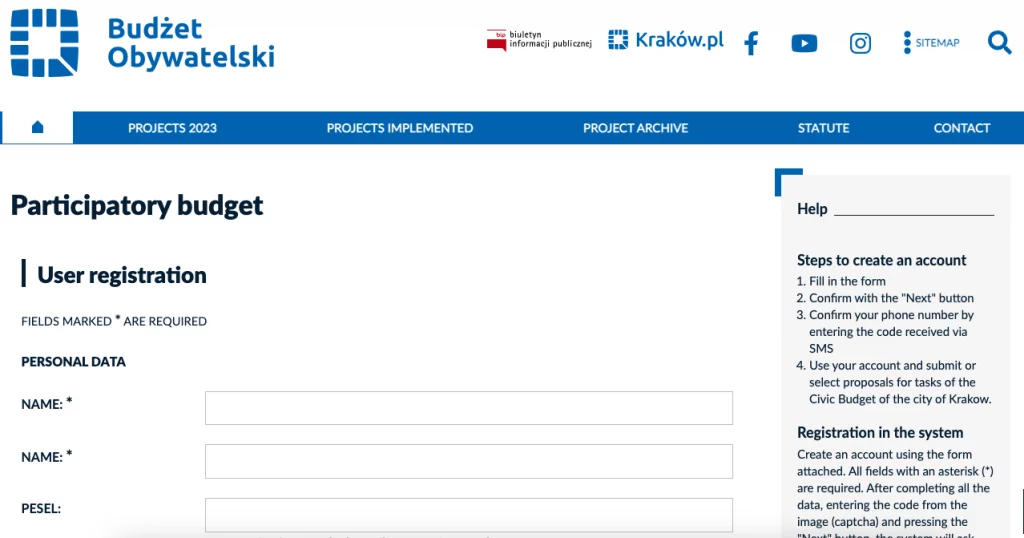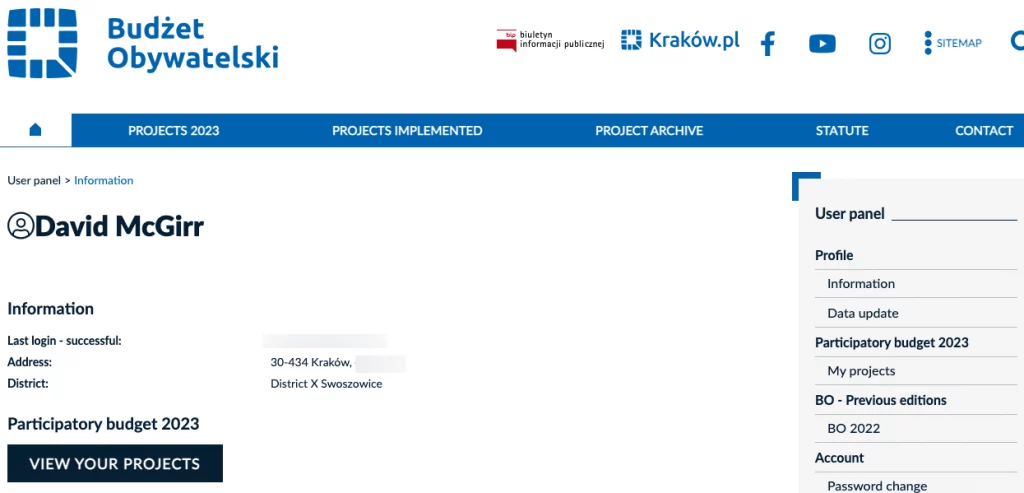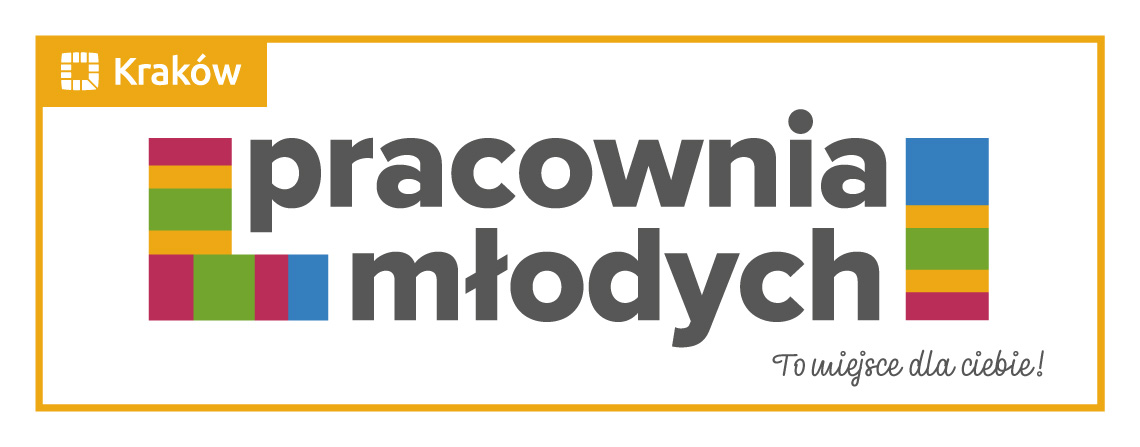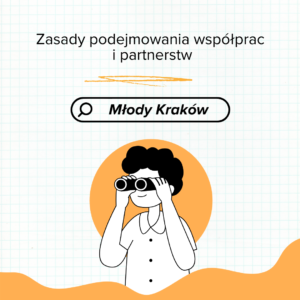How to vote in the 2023 Citizens Budget
Voting opens this week (22.9.23) on this years, 10th edition of the Kraków Citizens Budget, also known as the civic or participatory budget, (Budżet Obywatelski – BO). The Citizens Budget provides residents an opportunity to propose and vote on community improvement projects in a public competition for a slice of the city budget.
Submitted projects bid for city funds for local district (Dzielnica) projects in your own neighbourhood, as well as larger citywide projects.
In this edition, 715 projects will be put to vote, including 155 city-wide projects and 560 district projects.
Previous citizens budgets, have resulted in some fabulous initiatives, transforming and improving areas and communities, many of which we all enjoy and benefit from, without knowing their origin.
Video
We made a short video with the help of Multicultural Centre Kraków, with representatives of the City of Krakow explaining why the Citizens Budget is a great opportunity to improve and develop the city and your district. The video has English, Polish, Ukrainian and Russian subtitles.
Citizens Budget Schedule
The 2023 – 10th edition – of the Citizens Budget, accepted submission of projects between 1st February and 2nd March 2023. If you have a great idea, sorry, but you’ll have to wait until the 2024 edition! however you can still vote on the 2023 budgets submitted projects. between 22nd September – 6th October. The winning projects will be announced on 30th October 2023.
Who can Vote?
Anyone! locals, foreigners, irrespective of age, even children can vote.
Voting opens on 22nd September and closes on 6th October.
How to Vote for a Project?
You can vote either-
- Online at budzet.krakow.pl
- In person at one of 179 voting points across the city. Full list of voting points.
The online registration and application forms are in Polish only , but can be navigated with the assistance of Google translate.
For your vote to be valid, you must vote for three district projects according to your district of residence and for three city-wide projects. The project rated highest by the voter receives 3 points and the lowest 1 point.
What details do I need to provide when voting in the traditional way?
When voting at the polling station, you must provide your name and surname, address of residence, a PESEL number/identification code assigned by the Kraków City Hall for those who do not have PESEL number and the district number according to your address. Remember to bring your ID with you.
How to vote online?
First, register on the platform by providing your name and surname, address of residence, a PESEL number or, for those who do not have it, date of birth and gender, mobile phone number and the number and name of the district according to your address. Voting via the platform involves confirming the creation of an account via SMS.
Residents must first register on the budzet.krakow.pl website


Interactive Map of projects submitted in the 2023 Citizens Budget
City-Wide Projects
District (Dzielnica) Projects
Park Krakowian
To inspire you, encourage your participation, and belief that you, and your community led projects can make a difference, we think Park Krakowian demonstrates perfectly what can be achieved.
Whilst it was not part of the Citizens Budget, Park Krakowian, is a great example of a very successful community initiated project, which was proposed by community activist Agata Bloswick of aDaSie, where children, (including my own family) planted trees in designated ‘parks’ to mark their birthday.
Park Krakowian Article (kraków naszemiasto)


Tree planting by Krakow families as part of annual Park Krakowian campaigns has grown, since 2017, to include six locations, with almost 2000 trees planted. The parks can be found at: Ks. Józefa, Rybna, Falista, Ptaszyckiego and Puszkarska.
Funds allocated to the 2023 Citizens Budget
For this, the 8th edition of the citizens budget of the City of Krakow, a record amount of PLN 38 million has been allocated to all projects. This is divided between city-wide projects and district projects.
The amount allocated to the implementation of city-wide projects is PLN 7.6 million, with the remaining funds allocated to district projects The cost of implementing one project must be between PLN 25,000 and PLN 1,520,000. In this year’s edition, the submitted task proposals may be implemented in a one-year or two-year cycle.
The amounts allocated to the implementation of district projects as part of the citizens budget of the City of Krakow and the limits for individual varies by district.
Not sure which district you live in?
Interactive Map of Kraków Districts
Guide to Kraków Districts & Their Websites (Dzielnica)
From idea to design -“Bank of Ideas” (BANK POMYSŁÓW)
The Idea Bank, is a convenient solution for those who do not have time to develop a project or are not sure if they can manage the formal application process.
The Idea Bank, or Bank of Ideas, provides an opportunity to briefly describe the task or project, indicate its category and place of implementation. The submitted idea can then become an inspiration or a hint for others.
Any resident interested in creating a proposal for a task under the citizens budget of the city of Krakow, and from this year also as part of a local initiative, will be able to use the ideas sent . People interested in this tool of social participation and activities undertaken as art of a Local Initiative (Inicjatywa lokalna -IL) in Krakow, please visit the website: Current Local Initiatives.
In 2020, residents submitted nearly two hundred ideas using this simplified application. The list of proposals included such ideas as creating new recreational and leisure places, bicycle repair stations, pavement construction and pedestrian crossings.
BANK OF IDEAS is a place where you can send your idea, for an even better Krakow, where you are able to suggest what can be done in your area, and which may become an inspiration for others.
Go to the website: https://msip.krakow.pl , in the PRESENTATIONS AND SURVEYS tab, you will find an IDEAS BANK – a survey , complete it and send us your idea, which will become an inspiration for others.
Submit an idea
Previous Editions
2021 Citizens Budget
2020 Citizens Budget
2019 Citizens Budget
2018 Citizens Budget
2017 Citizens Budget
2016 Citizens Budget
2015 Citizens Budget
2014 Citizens Budget
Where to find out more?
Information ion English
Information in Ukrainian
Contact
Alternatively, feel free to contact the team of the Department for Participation and Dialogue:
Krakow City Hall
Department of Social Policy and Health, Section for Participation and Dialogue.
(Wydział Polityki Społecznej i Zdrowia – Referat ds. Partycypacji i Dialogu)
ul. Jana Dekerta 24, 30-703 Krakow
Tel .: +48 12 616 11 11
E-mail: budzetobywatelski@um.krakow.pl
Useful Telephone Numbers
The city have provided a listing of telephone numbers, for several city departments, that residents may find useful when preparing their project.
Citizens Budget Regulations (Polish)
Prepare for the Citizens Budget 2024
You may have a brilliant idea, unfortunately, you have missed the deadline for submissions for the 2023 budget, so how do you make sure you are ready for submitting your gem of a proposal for the 2024 edition?
- Follow this page where we will publish information on the 2024 Citizens budget.
- Follow krakow.pl for essential city announcements.
- Read our previous article, from the 2021 budget, which goes into detail on the procedures for submitting proposals. Good Luck!
Read More:
Article on Polish Participatory Budgets. (source: www.publicfinancefocus.org/)
Watchdog highlights success of participatory budgets in Poland
Participatory budgets have enabled “effective cooperation” between residents and municipal authorities in Poland, the country’s Supreme Audit Office has said.
Since Sopot, a town of about 40,000 people next to the Baltic Sea in Poland, set up participatory budgeting in 2011, dozens of other Polish cities have also begun their own schemes.
They usually make between 0.5% and 2% of the budget open to the public. Projects are proposed by the community and are then put to a popular vote.
Examples of successful projects the Supreme Audit Office found included new sports facilities, new roads, defibrillators in public places, playgrounds and air quality sensors in cities.
But there was generally low turnout on the public votes: an average of just 18% of eligible residents took part between 2016 and 2018, although there was high regional variance.
In Kalisz and Pleszew turnout averaged at about 70%, but in Piotrków Trybunalski, Aleksandrów Łódzki and Kraków the figure was between 4% and 5%.
The watchdog pointed to Sopot as having “good practice” in informing residents, who all receive leaflets with information on the budget schedule, details of meetings and model application forms, and every year the budget is promoted with a themed campaign including recognisable images and a slogan.
In some areas, auditors found that rules specifying a minimum level of local support for a project before it can be put to a vote, such as requiring signatures on an application, could discourage people from submitting their suggestions.
The report argued: “Some residents with interesting ideas do not want or do not have time to engage in creating lists of support for their proposals.”
Participatory budgeting is a growing trend around the world, as the senior director of policy at the International Budget Partnership told PF International earlier this year.












